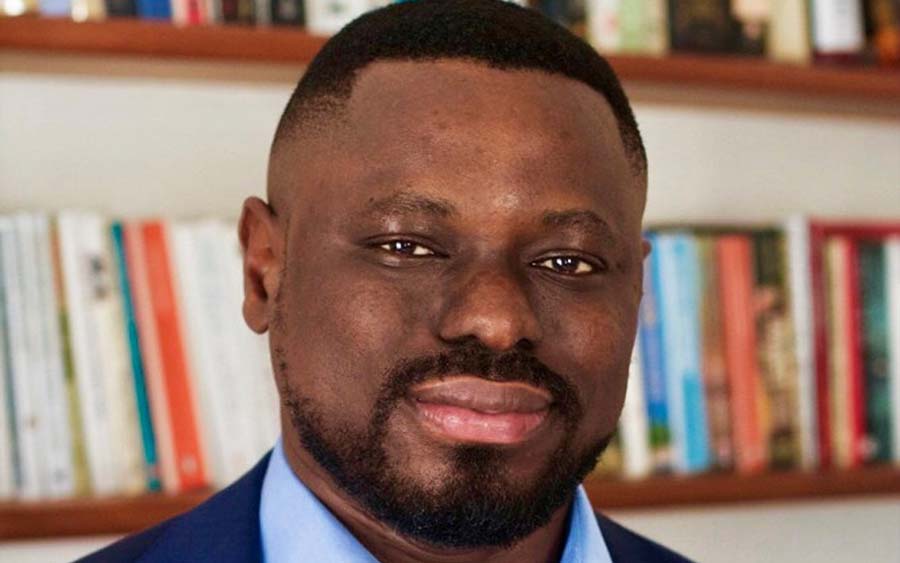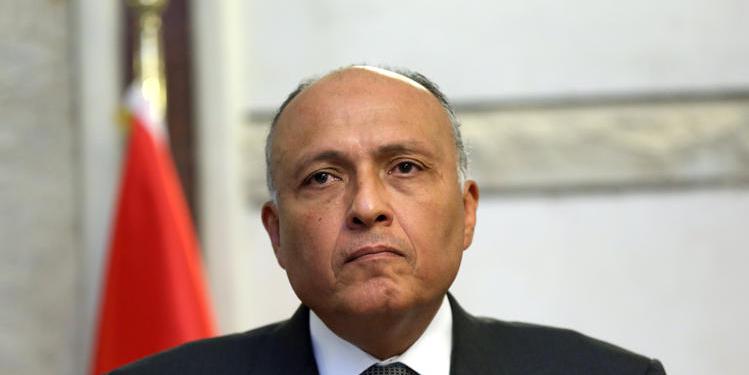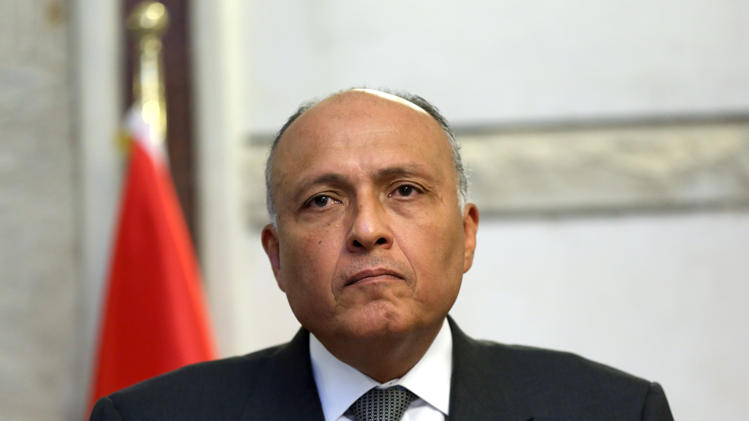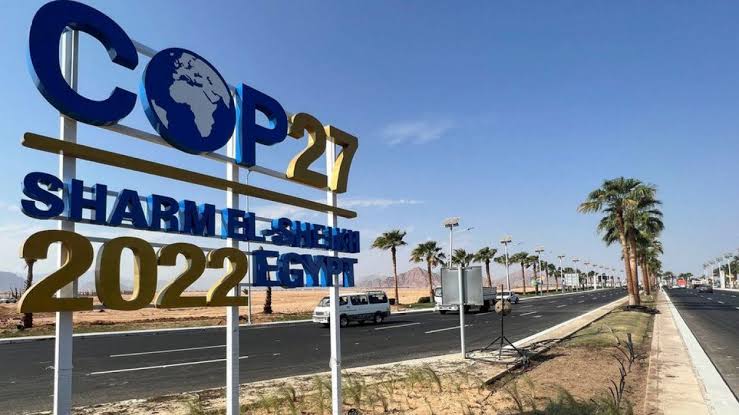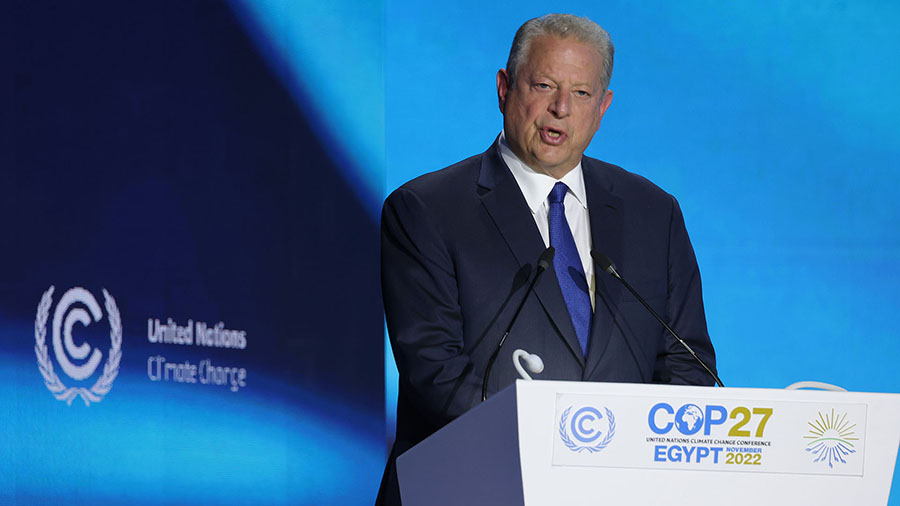COP 27 is underway, and many countries and stakeholders are in Egypt to discuss, collaborate and implement solutions to climate change impacts. Climate financing, loss & damage, adaptation, and energy transition are some of the issues to be addressed at COP 27.
Nairametrics spoke to Fola Fagbule, the Deputy Director and Head of Financial Advisory at the Africa Finance Corporation (AFC), about Nigeria’s focal areas at COP 27 and the country’s natural gas and mining sectors.
Enjoy the conversation.
NAIRAMETRICS: What should be Nigeria’s central message at COP 27?
Fola Fagbule: The AFC has taken leadership in framing this central message, not just for Nigeria but for the whole of Africa. We have published a white paper to this effect. We believe that while reducing emissions is necessary for the more developed and highest polluting wealthier nations, there is a more limited universal impact to be gained from reducing the already far lower emissions of Sub-Saharan Africa.
The most significant area in which Africa can effect change in reversing global warming is offsetting wasteful journeys across our oceans. Africa is the world’s biggest store of minerals and commodities – everything from copper and iron ore to cotton, cocoa, and coffee. Most of these commodities and minerals are shipped halfway around the world to Asia for manufacturing and processing before being transported to the consumer marketplace.
This is a key reason why shipping is the single biggest CO2 emitter after China, the United States, India, Russia, and Japan at 3.1% of global greenhouse gas emissions – about equivalent to all African nations combined. Africa must reduce wasteful shipping by building circular local economies.
In the AFC white paper, Nigeria and other African countries are urged to do the following:
Localize: Africa must also exploit its abundant reserves of natural gas as an essential transitional source of energy to support industrialization – a position backed by the European Commission’s recent decision to classify natural gas as a form of green energy and a vital transition fuel in the path towards decarbonization. Industrial development using natural gas can be accomplished without substantial contributions to global carbon emissions. With resultant job creation and economic growth, African nations can invest further in renewable sources to make the final transition.
Rebuild: Africa is the most exposed region to the ravages of global warming largely because its infrastructure – from roads, bridges, and seaports to buildings and electricity grids – is ill-equipped to withstand climate shocks. Everything must be built with hardier and more sustainable structures and materials. Without intervention, the cost of structural damage caused by natural disasters in Africa will increase to $415 billion a year by 2030 from between $250 billion to $300 billion now, according to the UN Office for Disaster Risk Reduction. These costs are in addition to an infrastructure deficit currently estimated at $130 billion to $170 billion per year.
Finnovate: Africa-based institutions need access to essential climate funds through financial innovation, hence the need to “finnovate”. The resilient building ultimately saves on costs of repair and replacement of infrastructure, but vastly inflates expenses at the outset. Investment is needed to mass-scale manufacturing and processing capacity to obviate the need for shipping raw materials to Asia. Tried and tested financial innovations include public-private partnerships, blended finance, B-loans, green bonds, first-loss equity, insurance, and guarantees.
NAIRAMETRICS: During the Africa Investment Forum (AIF 2022), you mentioned that other African countries can develop gas policies just like Nigeria. Were you referencing the National Gas Expansion Programme (NGEP)?
Fola Fagbule: I was referring to the various efforts that have been made by Nigerian governments over the years to promote natural gas exports, gas-to-power projects, and gas-based industrialization, which is now culminating with additional policy efforts like the NGEP aimed at expanding domestic utilization of LPG as a clean cooking gas and CNG for distributed power generation.
There is a lot more to be done. But Nigeria has been very successful with landmark projects like Nigeria Liquified Natural Gas (for exports), Compressed Natural Gas (CNG) and Liquified Petroleum Gas (LPG) plants for industrial and domestic use, multiple gas pipelines for regional export and domestic consumption (West Africa Gas Pipeline and the Abuja-Kaduna-Kano pipeline), ammonia and petrochemical projects like Dangote and Indorama, to mention just a few. Taken together with the NGEP, all these projects are aimed at enhancing Nigeria’s utilization of its domestic gas resources both for export and domestic consumption.
NAIRAMETRICS: Given the challenges Nigeria is facing – a 20.77% inflation rate, a drop in the value of the Naira, and a high level of insecurity – how do we still attract foreign investors into Nigeria’s natural gas sector?
Fola Fagbule: The best way to attract investors is to create favourable fiscal regimes and policy environments for project developers already working in Nigeria. In addition to better fiscal terms and more favourable licensing regimes, developers will benefit from rapid approvals of their various permits and licenses, and government support for making more gas resources available for privately developed projects.
The government, through the interest of the Nigerian National Petroleum Company (NNPC) Limited in various oil and gas leases, is the major owner of gas reserves in Nigeria today. All developers working on gas projects require access to those gas reserves via gas sale and purchase agreements (GSPA) for the various projects. The government can work harder and in a focused way to deliver bankable GSPAs to credible developers across the country that are working on multiple gas projects.
NAIRAMETRICS: From your level of exposure and experience, what opportunities do you think currently exist in Nigeria’s energy sector?
Fola Fagbule: The AFC is already working on multiple gas utilization and monetization projects in Nigeria, including petrochemicals, Ammonia, liquified natural gas, gas processing, storage, and gas-to-power plants. There are numerous opportunities in Nigeria’s energy sector given our significant natural gas resources and the strong global as well as domestic demand for value-added products with gas as a feedstock.
NAIRAMETRICS: Do you think Nigeria’s energy transition plan is capable of tackling Nigeria’s energy challenges in the long term (till 2060), considering local realities like a change of government, etc.?
Fola Fagbule: Nigeria must implement a strategy that meets our domestic energy access deficit while maximizing the international opportunities for energy export that exist in the world today. The ETP will require focused implementation at multiple levels within the ecosystem not limited to elected government officials, but also private sector players, regulators, international development partners, financiers, and global financing partners.
NAIRAMETRICS: Nigeria is mostly into artisanal mining. How do we go from that to large-scale mining, and even processing of critical minerals, to play a bigger role in the global energy transition?
Fola Fagbule: The AFC is the leading investor in industrial-scale mining investment in Nigeria. The Segilola gold mine in Osun State, South-west Nigeria, approximately 120km northeast of Lagos is the first large-scale gold mine in Nigeria. The mine is currently in commercial production and is expected to produce 80,000 to 100,000 ounces (oz) of gold in 2022.
The AFC made an investment commitment of $86 million towards the construction and production of the Segilola Gold Mine through a combination of senior secured debt, equity, and stream financing. The investment has opened the Nigerian mining sector (a top priority for the federal government) to foreign direct investment (FDI), thereby re-igniting the relevance of the Nigerian mining sector and encouraging diversification of the economy.
Editing by Emmanuel Abara Benson

